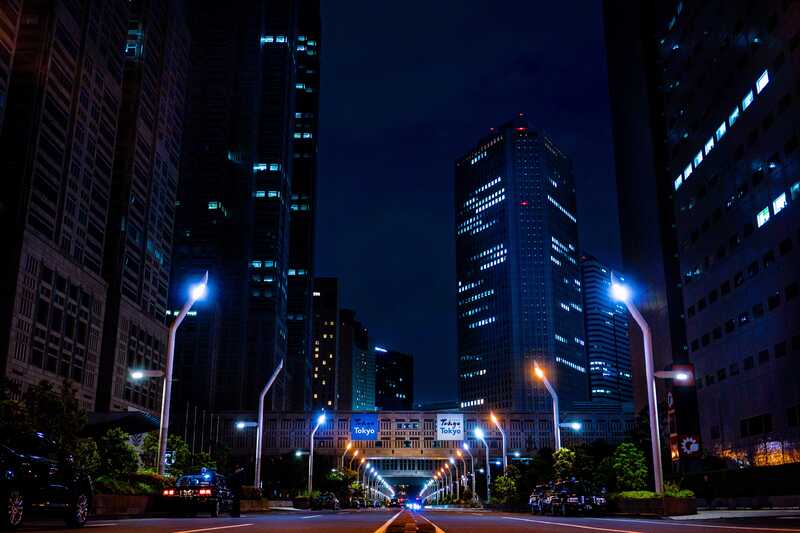
Thailand introduced the Eastern Economic Corridor (EEC) initiative to transform three Thai provinces into smart cities during the 2019 ASEAN Summit. This move has proved to be a successful one, one report notes.
The EEC was established to create a centre for trade, investment, regional transportation, and a strategic gateway to Asia, with Thailand confident that the move would promote a seamless ASEAN.
Under its Thailand 4.0 model, the country is working to achieve 100 smart cities by 2022, a goal that is well on its way to completion especially now that the Digital Economy Promotion Agency (DEPA) and the City Possible global network inked an agreement.
Pioneered by an American multinational financial services corporation, 27 Thai smart cities have been inducted into the City Possible program which is designed to make technology work for people by aligning key stakeholders to address urban issues.
The corporation’s new public-private partnership model, City Possible, is focused on meeting the needs of people in cities.
It provides members unrivalled access to a global community of urban leaders, businesses, NGOs and academics and is regularly invited to a series of knowledge-exchange forums where participants identify common challenges, exchange learnings and establish holistic urban solutions.
The focus on smart cities is a core pillar of the government’s Thailand 4.0 initiative which aims to transform Thailand into a high-income nation with vastly improved quality of life in urban centres.
The Senior Executive Vice President of DEPA stated that as a country that relies on the industries of agriculture and tourism, Thailand wants smart cities to be the ecosystem to promote both of these, which in turn will afford to close the income gap and accelerator much-needed growth in the economy of the country as a whole.
Two most important sectors are the environment and economy. The country places the environment as the most important sector because it only makes sense for a city to be smart if it does not deteriorate the environment.
Pollution and drought are the two most critical environmental issues facing Thais. Thus, the main idea is to deploy to the local governments by equipping them with the technology; such as sensors, integrated data system, digital twin, to monitor and predict foreseeable disasters.
The establishment of a smart city transformation framework and Thailand’s already successful pilot cities could be one of the reasons why its cities are suitable candidates for implementing and promoting smart city living.
DEPA is a trailblazer as the first cohort of cities to join City Possible, but they are indicative of a larger trend. The country has had many discussions with networks of cities who are looking to benefit from the insights and resources City Possible provides.
Through City Possible, city leaders can identify the pain points and challenges that are hindering their growth.
However, the implementation of new infrastructure comes with its challenges and resistance.
Three significant challenges arise in terms of effectively utilising resources and technology – the mindset of leaders in a city, existing regulations, and the capacity to act.
Many city leaders do not have adequate technological literacy to pivot the role into innovators. Among those who do, they are sometimes too timid to pose a technological vision.
The Minister explained that local agents of transformation in each city are needed to play a critical role in moving the cities toward becoming “smarter.”
Thus, the Chief Smart City Officer (CSCO) Program will play a pivotal role in building the essential mindset; hands-on knowledge on regulatory, communication and technical skills, to connect the sense of being global and the local.
Thailand is fast becoming what was envisioned by the ASEAN Smart City Network when it was launched by Singapore in the 2018 ASEAN Summit.
While very little collaborative efforts have been made to achieve this, individually, countries such as Singapore is progressing towards tech-driven cities.
While other ASEAN cities may face similar challenges as Thailand, the country’s government shows strong commitment – an essential for achieving the smart city vision.















